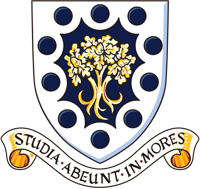International Curriculum Assessments
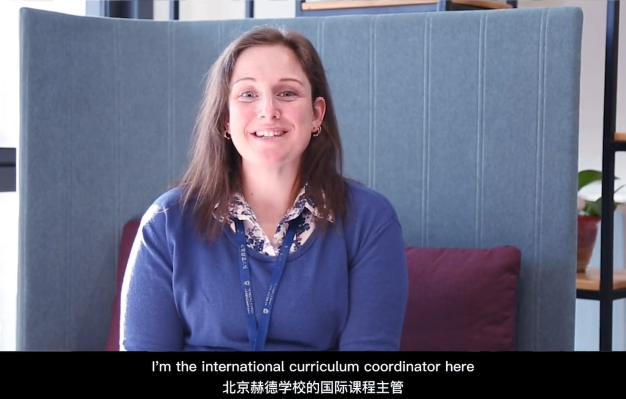
Click here to watch the video
The goal of assessment is to find out the true needs of each student
in order to support them through their learning journey.
Today, Ms Joelle, the International Curriculum Coordinator,
introduces the Upper School streaming process
in HDBJ and explains how we use assessment to group the students
in G3-5 into their English classes to ensure
that every student receives an individualised and targeted learning experience.
This year, we made the decision to stream the children in grades 3,4,
and 5 into ability groups in order to further target specific areas
in their English development.
The upper school teachers selected a series
of UK national curriculum based assessments
to accurately assess the students’ reading,
writing, speaking and listening skills.
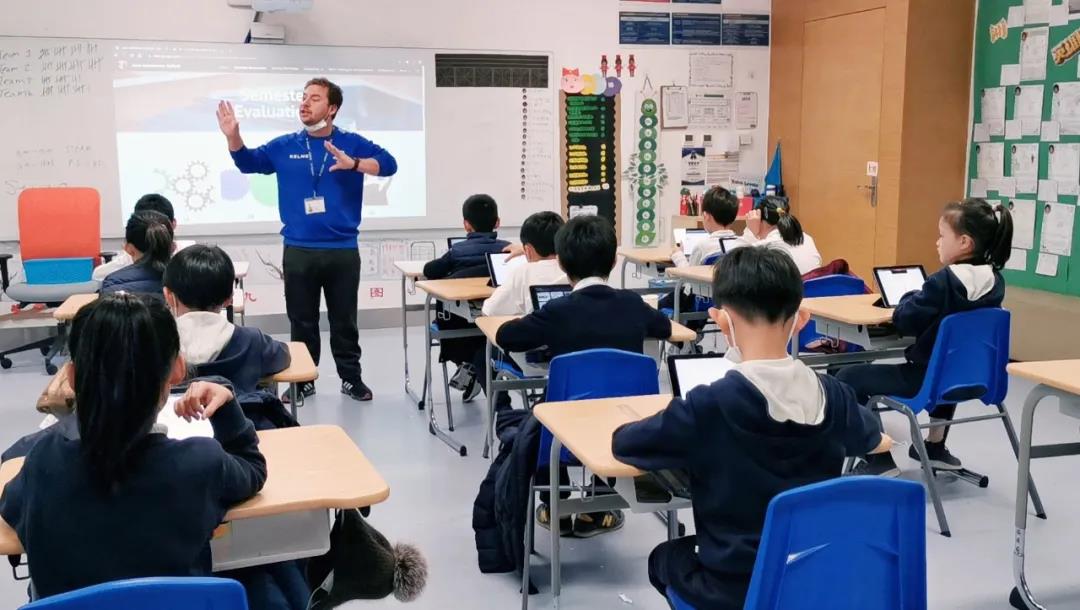
These assessments are designed to prepare children
in the UK for national tests
so they represent the same standards
that we aim to teach as well.
Using the results of these assessments,
we then arranged the children into groups of similar abilities.

Reading
We use two assessments for reading.
The first is the PM Benchmarking system
which we use from Prep to Grade 5.
PM benchmark is a series of levelled fiction
and non-fiction texts used in English speaking countries
such as the UK and Australia.
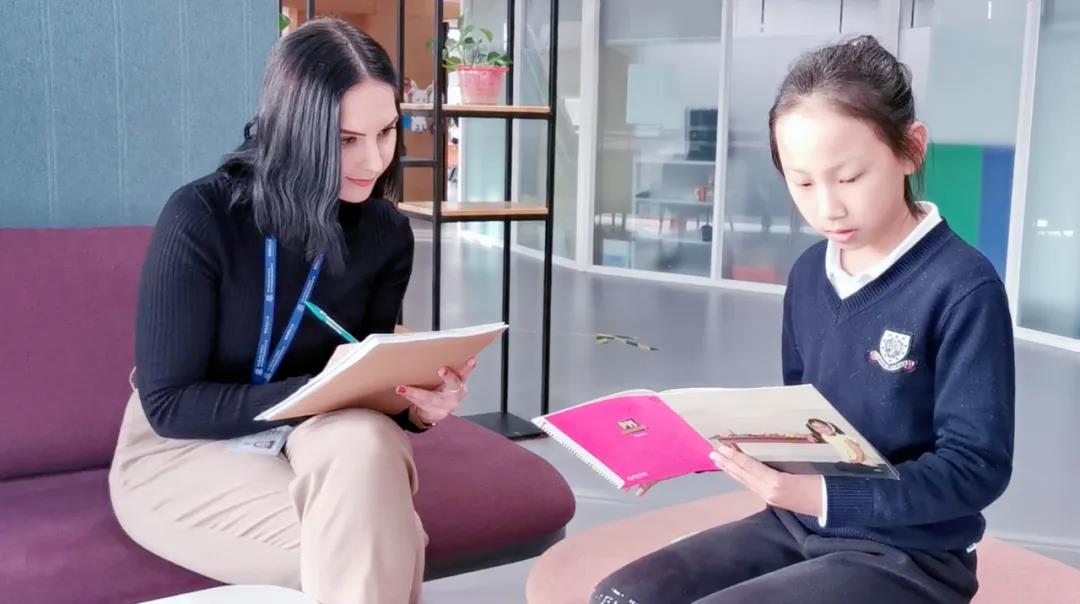
Through this,
we are able to track the children’s continuous progress.
This assessment focuses on the children’s ability
to read words accurately, their fluency and pace,
their decoding skills,
their re-telling ability and their literal
and inferential understanding.
As they progress into high levels,
applied knowledge and vocabulary questions
also become important.
In addition to the PM benchmarking system,
the children are also given a reading comprehension test.
This is a standard assessment that everyone writes.
We use standardized reading assessment
that are slightly below native English level
to account for our bilingual learners.
In this assessment,
the children read the text to themselves,
as well as read and answer the questions independently.
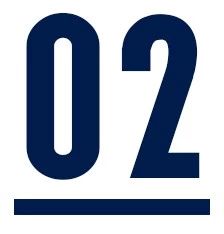
Writing
We look at two areas for writing
– grammar and overall writing ability.
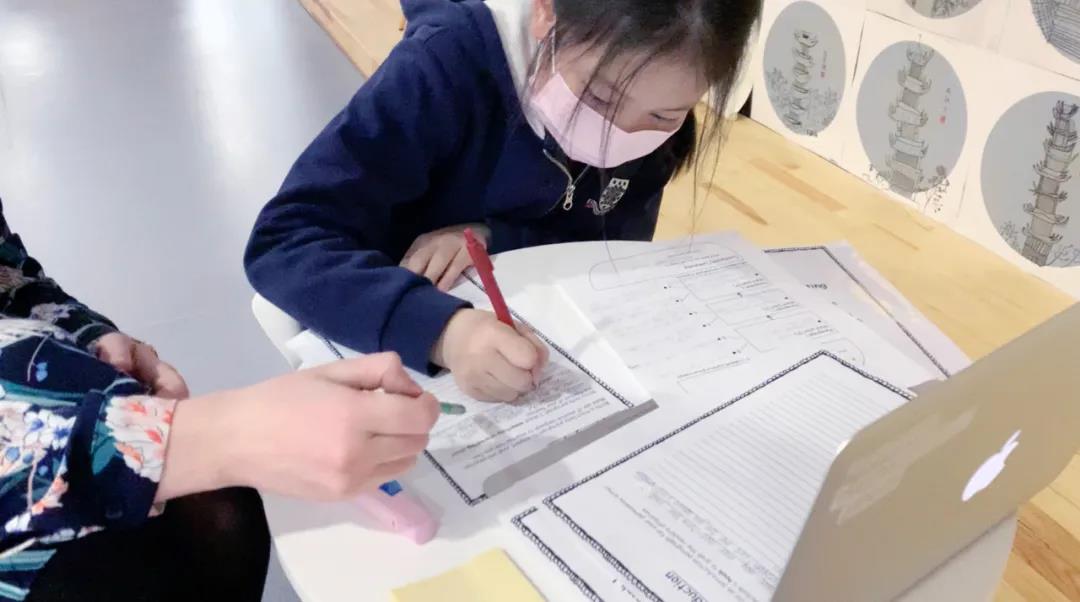
All the students complete the same grammar test
which is based on areas covered
in the Singapore grammar lessons
and in the classes.
In addition, students also complete independent writing samples
which we use to assess what types of grammatical, punctuational,
vocabulary and overall compositional features
they are using in their writing.
We are looking to see if they are writing at HD grade level standard,
above, or below.

Listening
All the students in the year group
are read the same passage by the teacher.
Following that, they are asked five questions.
Students are not able to see or read the text for themselves,
it is all based on their ability to listen and comprehend.

Speaking
The last area we assess is speaking.
Children select a picture prompt and
tell their own story based on the image.
The length and detail of the story is up to them.
While the student is speaking,
the teacher is assessing five different areas which include:
detail of response, sentence structure and grammar,
vocabulary and word choice,
pronunciation and fluency, and communication.
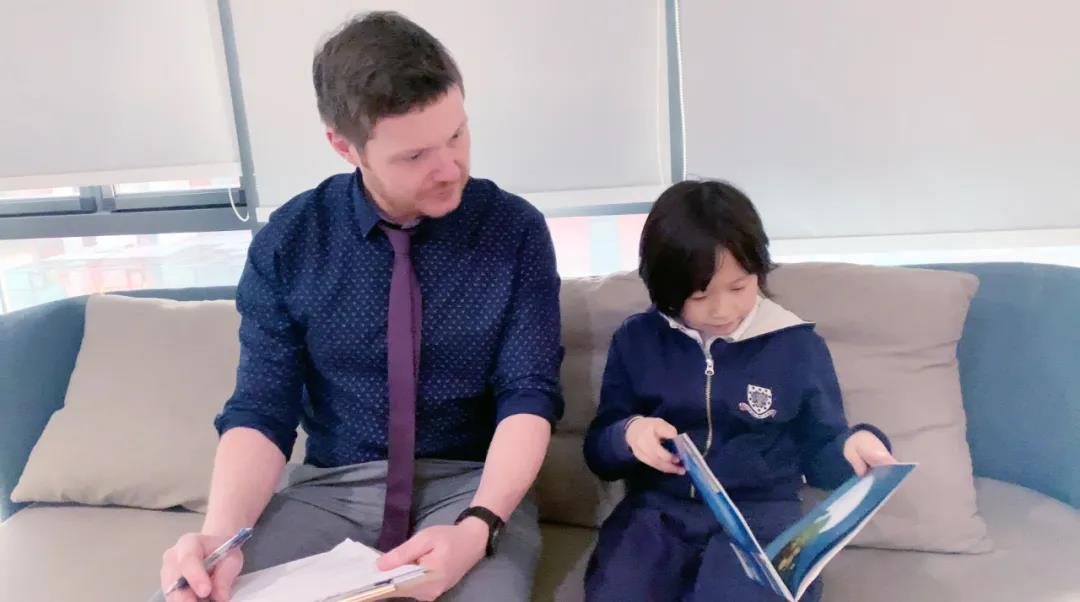

Grouping
The assessments take place over
a two-week period in the beginning of September,
late November and mid-March.
Some, like the PM Benchmark assessments,
are completed one-to-one, while others,
like the grammar test, are completed as a class.
Once the teachers have all the assessment results,
they start to divide the entire grade based on scores.
The students are placed into groups of roughly,
although not exactly the same size.
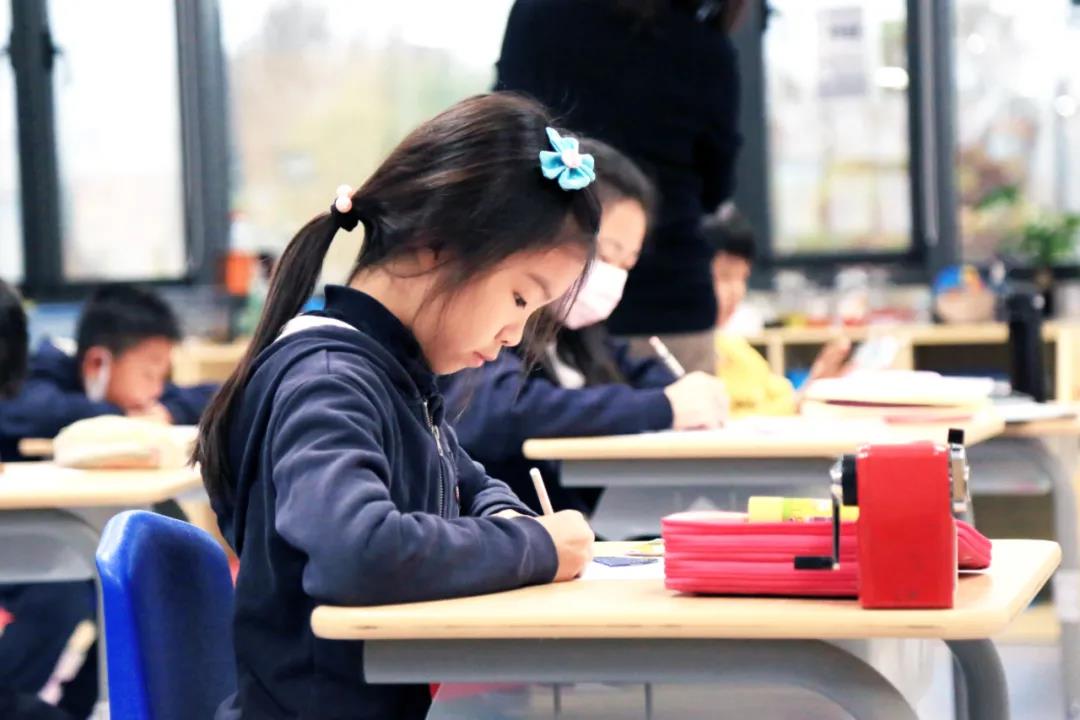
When this is done,
the teachers take another look at each child
and discuss their knowledge of them
and if they are in a stream that is supporting their needs
or if they need to be moved to further support their development.
Changing streams is not an indication
of great success or failure.It indicates
that the particular child has needs
that will be better addressed in another grouping.

